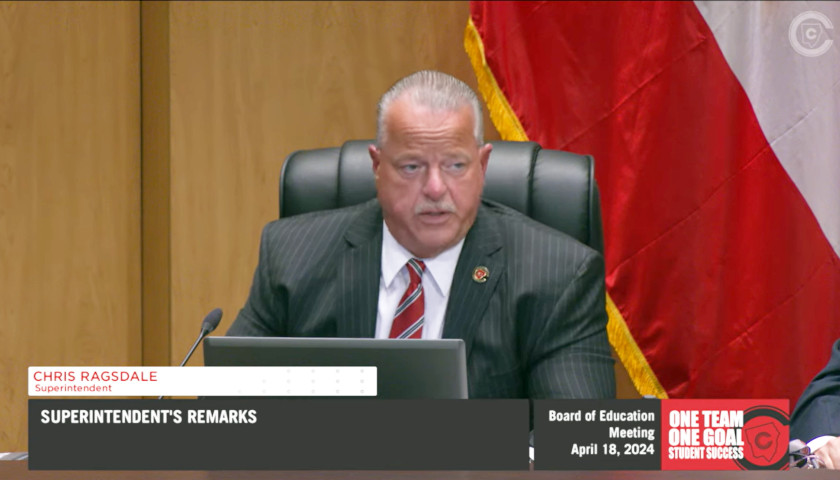The Tennessee Department of Commerce and Insurance (TDCI) held a Facebook Live this week where it discussed how to be aware of financial fraud schemes. The group, hosted by PBS Book’s Fred Nahhat, discussed how to spot scammers.
From 2020, Donna Lowry said that “the federal trade commission recorded more than $3.3 billion lost to financial fraud schemes. It was up almost double from the year before.”
The group explained that some of the more common types of scams are:
- Ponzi Schemes: Originated in the 1920’s by a man named Charles Ponzi – this is an investment fraud that pays existing investors with funds collected from new investors.
- Affinity Fraud: Where scammers target specific groups like the elderly, religious groups, etc. and pose as a member. Sometimes the scammer can get a leader of the group to unknowingly spread the word about the scheme to other members of the group.
- Cyber Fraud / Identity Theft: Where scammers are able to get information like user information in order to get access to personal financial information and then steal money.
- Romance Scams: (Think of the reality television show, 90 Day Fiancé) Where scammers are able to build a relationship with someone, and then ask for money for a plane ticket, or for help with hospital bills.
- Sweepstakes Scams: Where you get a phone call or email saying that you’ve won a $1,000 or $1 million sweepstake, that there’s only a small fee for taxes, but then the scammer is able to either take the money, or exploit you for more.
- Elder Abuse: Where scammers call and are able to pose as family, say that their family is in danger (or hurt and need money for the hospital bill) in order to get banking information.
One of the speakers, Joseph Brandy, said, “You know, Donna, we’re all targets for scams or frauds. I get those emails. I get those voicemails. I get those texts – on a not infrequent basis. And as a result, I think our challenge is to be on the lookout for those bad actors.”
Currently, it’s suspected that the average victim will lose about $100,000 or more to these fraudulent schemes. Brandy added that following the wake of a natural disaster is when he will see high activity for fraud, “in the wake of COVID, our members put together a task force to out there and proactively search for, and found, lots of scams involving folks trying to use COVID, cures for COVID, testing for COVID, trying to scam people out of money.” He also added that a lot of fraud was targeted towards stimulus checks as well.
Watch the Facebook event:
– – –
Morgan Nicole Veysey is a reporter for The Tennessee Star and The Star News Network. Follow her on Twitter. Email tips to [email protected].








